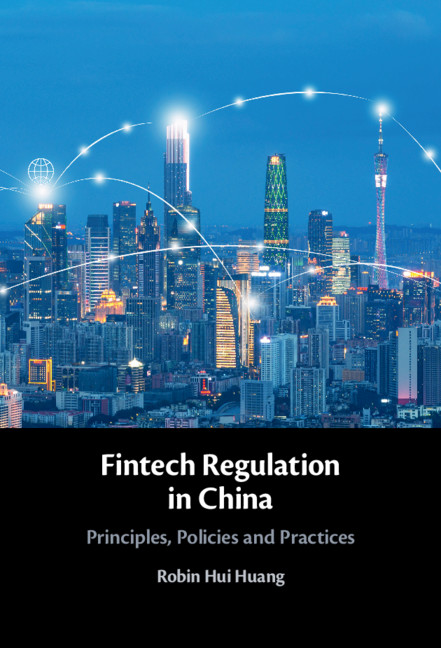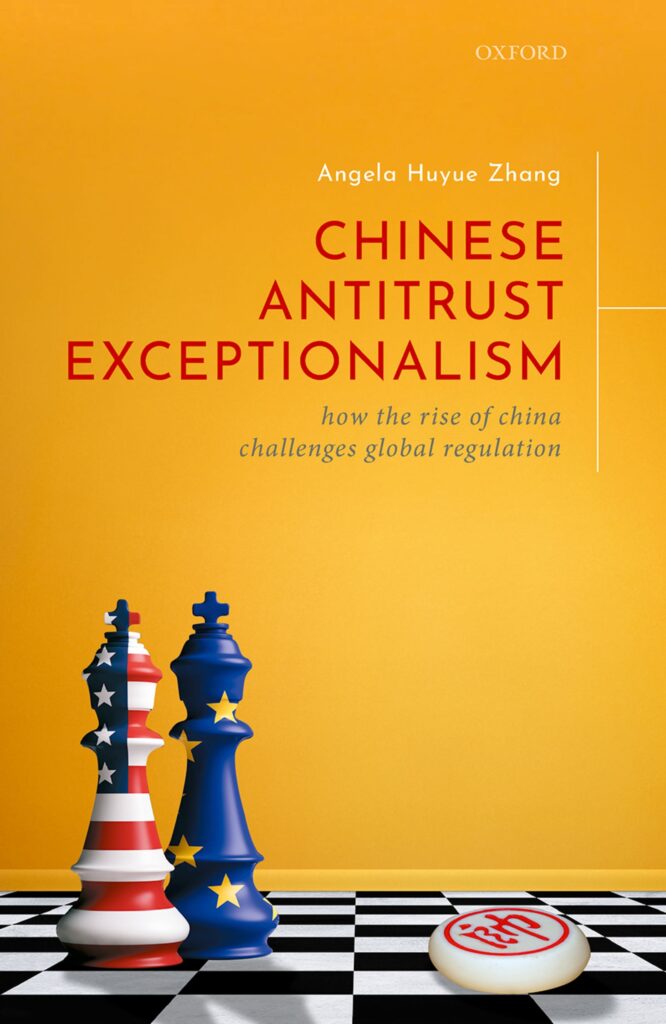A new paper by Aleksandr Alekseenko

Investors increasingly diversify their investment portfolios by investing in cryptocurrencies. Cryptocurrencies however are not a safe haven for investors. Bitcoin is extremely volatile and can bring both exceptionally high profits and terrible losses, seemingly due to market manipulations. The question of how cryptoassets should be regulated is approached differently by jurisdictions. This paper compares the current regulatory frameworks for cryptoassets of Mainland China, Hong Kong, Macau and Taiwan.
China is among the world’s leaders in e-commerce and FinTech, but despite this fact the Peoples Bank of China (PBOC) banned cryptocurrencies and initial coin offering (ICO). From 2013-2021 the PBOC issued several notices which obliged financial institutions not to provide transactions of digital financial assets. The People’s Republic of China also proclaimed that Bitcoin and ICO’s are tools for illegal fundraising, money-laundering, and scamming, and that therefore all activities using them violate national laws and regulations. The worries are not unfounded: In one case tried before the Heilongjiang High Court, the defendant had exchanged illegal gains money from RMB into 1,200 Bitcoins and transferred them to Macau, there converted the Bitcoins into Hong Kong Dollar and consequently exchanged them for RMB to transfer the money back to mainland China.
In addition, PRC authorities have pointed out that cryptocurrency production requires a lot of electricity. At the same time, energy is needed by organizations that produce goods and suffer from a shortage of electricity. Therefore, the second reason for prohibition is energy efficiency and concern for the environment. In order to discourage citizens from investing in projects based on digital tokens, Mainland Chinese courts do not protect the rights of investors, indicating that investors themselves are violators who expect to receive illegal income.
Macau’s authorities closely cooperate with mainland China to prevent money laundering through digital financial assets and therefore prohibited transactions with Bitcoin and banned ICO. It reduces opportunities for illegal activities and protects investors from investing in projects that exist as a pyramid scheme. In comparison with Mainland China and Macau, Taiwan has a more liberal approach to cryptoassets regulation and restricts only financial institutions from dealing with Bitcoin. Other companies may sell and buy goods for Bitcoins.
In Hong Kong, cryptocurrency and tokens are only strictly regulated by the Hong Kong Securities and Exchange Commission (SEC) if they have the characteristics of securities, bonds or futures. The SEC doesn’t regulate Bitcoin because it is neither a means of payment nor any other regulated asset. Hong Kong’s authorities pay most attention to digital platforms, which provide opportunities for ICO’s and cryptofundraising. In this regard, the SEC has issued some standards that clarify the licensing procedure for cryptocurrency exchanges and organizations that manage digital financial assets.
Thus, although Hong Kong does not create a liberal haven for crypto business, an entire segment of Hong Kong’s digital assets market is in a regulatory “gray” area. As a result, both Taiwan and Hong Kong de facto serve as bridges from the market of digital financial assets to the PRC. Mainland investors may use them as a “crypto-hub”. For the case of Hong Kong, this situation fully fits the principle of “one country – two systems.”
Find Dr. Aleksandr Alekseenko’s paper, published with the China and WTO Review, here. Dr. Aleksandr Alekseenko is an Associate Professor in the Faculty of Law of the Saint-Petersburg State University, with a research focus on Commercial Law, Investment Law and Legal Regulation of digital Financial Assets. He received his LL.M from the Far Eastern Federal University (Vladivostok) and a PhD in laws from the Ural State Law University (Yekaterinburg). He studied Chinese language at the Linyi Normal University and is the principal investigator and participant of scientific project of Russian Foundation for Basic Research on the topic of e-commerce legal regulation and new technologies in the sphere of investments.





